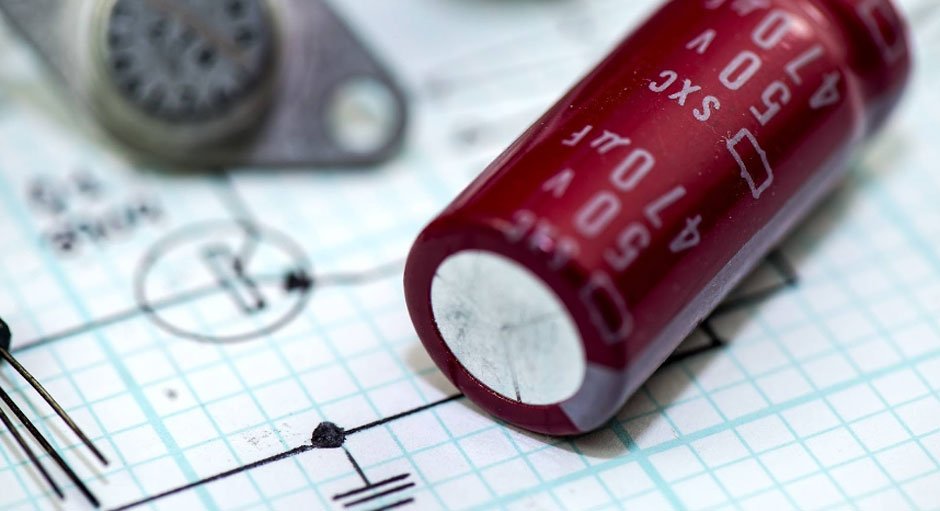Deciphering the Best Choices: Your Detailed Guide to Selecting the Perfect Grainger Capacitor

Capacitors, the unsung heroes of electrical circuits, play an essential role in how our devices function. When you’re searching for a reliable and efficient capacitor, the grainger capacitor often emerges as a top contender. But how can you differentiate and select the perfect one amidst a sea of technical specifications? Here’s a deeper look.
Laying Down the Capacitor Fundamentals
Before moving onto the selection, a clear understanding of a capacitor’s function is paramount. These components store and release electrical energy. Their type and purpose vary, based on their application:
- Start Capacitors: Grainger start capacitors are the initial boosters. When a motor is initiated, it requires a power surge to overcome inertia, and this is precisely where these capacitors come into play. They are momentary players, giving that necessary push for startup.
- Run Capacitors: After the initial start, it’s the grainger run capacitors that take over. They stabilize the voltage supply, ensuring that the motor runs smoothly without any hiccups.
Delving into Technical Specifics
Selecting a capacitor isn’t as simple as choosing the most expensive or the most popular one. It’s about understanding its role:
- Motor Start Capacitors: The grainger motor start capacitor is tailored for systems that have frequent operational cycles. Think of machinery that has regular on-off sequences. Such capacitors are designed to endure these cycles without deteriorating rapidly.
- Hard Start Kits: Some motors need a bit more encouragement to begin. In cases where standard capacitors aren’t sufficient, the grainger hard start kit provides the additional power needed to kick-start such motors.
- Dual Run Capacitors: Efficiency is the name of the game with the grainger dual run capacitor. Instead of having separate capacitors for starting and running, this unit efficiently combines both roles, making it a cost-effective and space-saving solution.
Decoding Capacitor Ratings and Standards
Every capacitor comes with a set of ratings and standards. These aren’t just numbers but are crucial for ensuring safety and optimal performance:
- EN60252-1 Standard: Capacitors, like any electrical component, must adhere to certain safety standards. Those compliant with the en60252 1 grainger standard ensure that they meet rigorous safety criteria, offering peace of mind and reliable performance.
- 97F9002 Specifications: While browsing, you might come across the 97f9002 grainger specification. This isn’t a random number but signifies a specific range of applications and operational parameters. Recognizing these can help in making a precise selection.
The Versatility of CBB60 Capacitor
The cbb60 capacitor grainger is renowned for its wide range of applications. Its robust build and versatile nature make it suitable for motors, air conditioners, pumps, and other electrical devices. When opting for a cbb60, ensure you match its specifications with your device’s requirements, from voltage to capacitance.
Cost-Effectiveness and Supplier Choices
It’s not always about the technicalities. Sometimes, factors like cost and supplier reputation play a massive role:
- Affordability: While searching, terms like cheap grainger capacitor might catch your eye. Remember, cost-effective doesn’t mean low quality. It’s about finding the right balance between price and performance.
- Supplier Reputation: Whether it’s a grainger capacitor manufacturer or a grainger capacitor supplier, ensuring they have a credible reputation in the market is crucial. Reviews, certifications, and past client feedback can offer insights into this.
Conclusion
Selecting the right grainger capacitor is a blend of technical knowledge and market research. By diving deeper into each capacitor type, understanding standards, and evaluating suppliers, you can be confident in your selection. Empower yourself with knowledge, and make your electrical components work efficiently for you.



